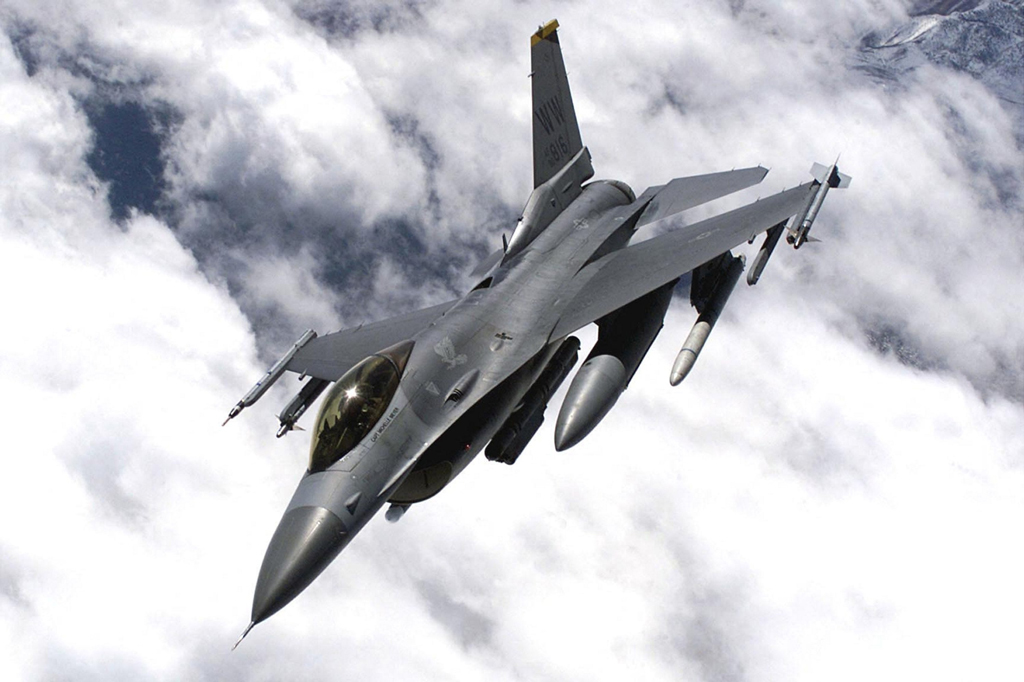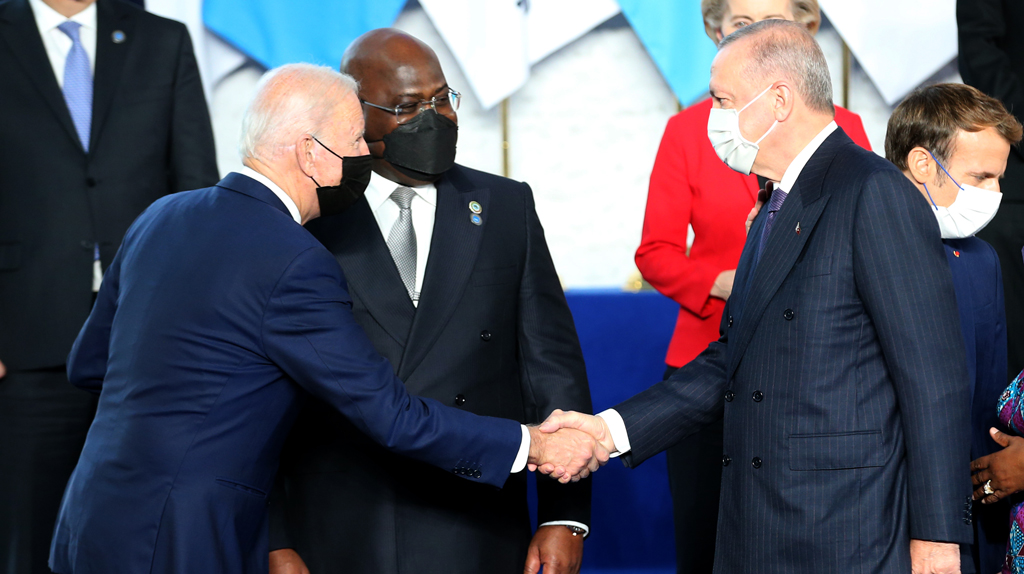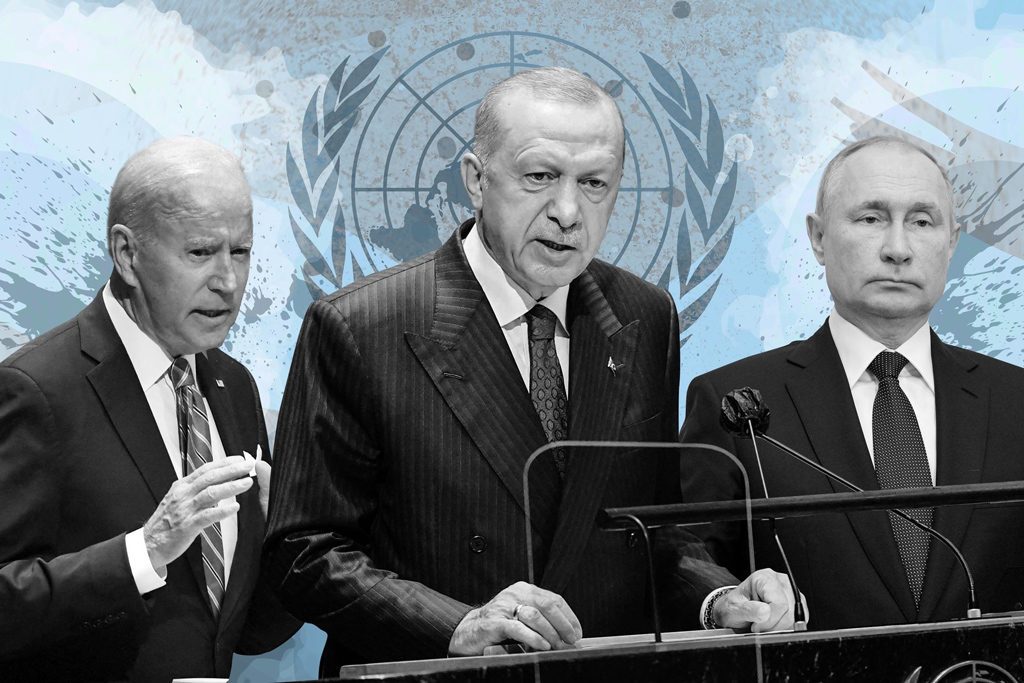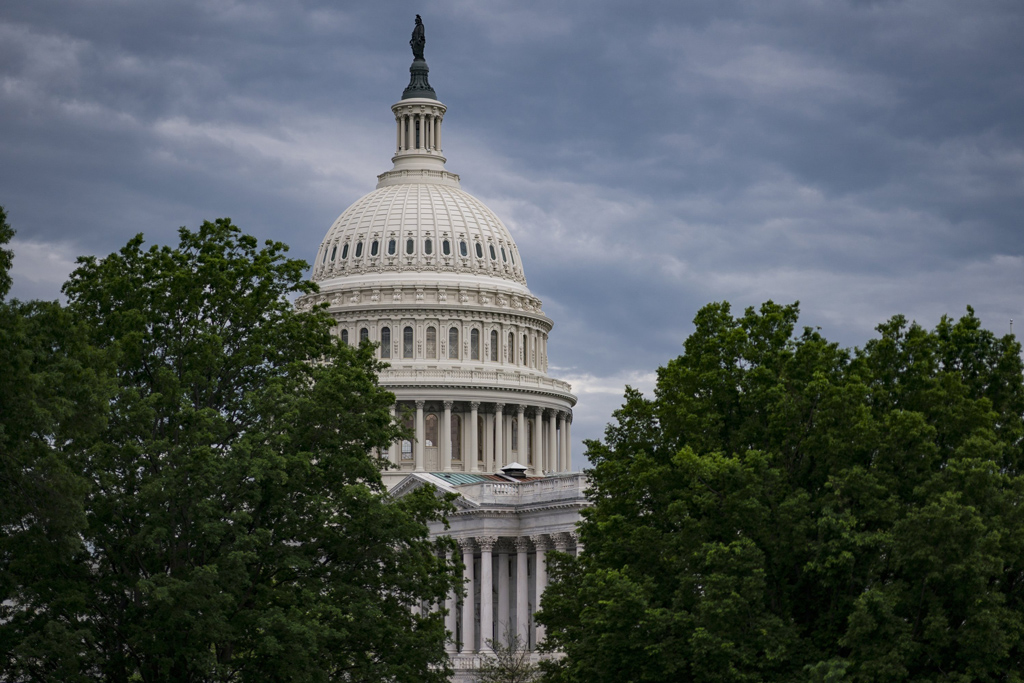S-400 Triumph Air Defence Missile System

Can F-16 sales overcome Türkiye-US disputes?
| OpinionFollowing Türkiye’s ratification of Sweden’s NATO membership in the Turkish Parliament, the U.S. State Department notified …
-
Opinion
F-16 sale to Türkiye: can US ‘goodwill’ message break the impasse?
By Kadir ÜstünThe Biden administration has taken a symbolic yet significant step regarding the F-16 issue.
-
5 Questions
Q&A: Turkish Foreign Minister’s Visit to Washington
By Kadir ÜstünWhat is the background and significance of the Turkish foreign minister’s visit to Washington? What are the differences and similarities between the two countries’ Ukraine policies? Will the U.S. sell F-16s to Türkiye? What is Türkiye’s position on Finland and Sweden’s NATO membership? What is Washington’s view on Türkiye’s engagement with the Syrian regime?
-
Opinion
The meaning of Erdoğan’s last three moves
By Burhanettin DuranWith his latest moves, Erdoğan is not starting a crisis but instead highlighting a framework for justice and a lasting alliance in Turkey’s relations with NATO, the U.S. and Greece
Bu Konuda Daha Fazla
-
Experts Respond: Assessing the Biden-Erdoğan Meeting amid G20 and...
By Kadir Üstün By Murat Yeşiltaş By Muhittin Ataman By Ferhat Pirinççi By Murat Aslan By Gloria Shkurti ÖzdemirOn October 31, 2021, during the G20 Summit in Rome, President Erdoğan is going to meet with U.S. President Biden. This will be their second meeting in a couple of months after Biden came to the White House.
-
Erdoğan’s US and Russia messages after UN visit
By Burhanettin DuranWashington’s perspective on Ankara is no longer plagued by excessive tensions either. It would seem that the Afghanistan talks and Turkey’s efforts to normalize ties with Egypt and the United Arab Emirates (UAE) made a positive impact on the atmosphere. Yet the state of idleness and deadlock, which Erdoğan mentioned, won’t change in the absence of fresh attempts to foster bilateral cooperation.
-
Intense June agenda for Turkish foreign policy
By Burhanettin DuranJune will be a particularly busy month for Turkey in the international arena. President Recep Tayyip Erdoğan is due to meet United States President Joe Biden on the sidelines of the NATO Summit on June 14. Later this month, the European Union’s leaders will discuss their “positive agenda” with Turkey.
-
US’ unilateral actions against Turkey source of problem
By Burhanettin DuranThe backlash over U.S. President Joe Biden’s statement on the so-called Armenian 'genocide' continues. Deeming the Turkish government’s reaction insufficient, opposition leaders argued that President Recep Tayyip Erdoğan lacked 'the courage to hang up on Biden.' Main opposition Republican People's Party (CHP) Chairperson Kemal Kılıçdaroğlu and Good Party (IP) leader Meral Akşener eagerly attacked the government much more fiercely than they reacted to the White House statement. Turkey’s contemporary foreign policy, they said, was actually responsible for what happened.
-
The impact of Biden’s 1915 decision on Turkey-US ties
By Burhanettin DuranOne thing is clear: The relationship between Ankara and Washington gradually evolve from the constraints of a traditional alliance. A new modus operandi emerges, which brings together adversity, competition and cooperation.

















